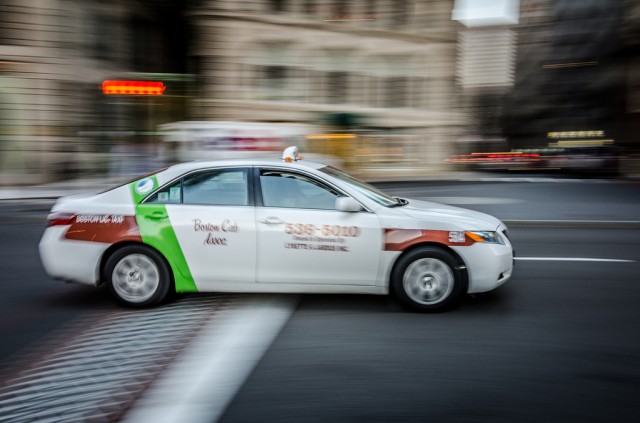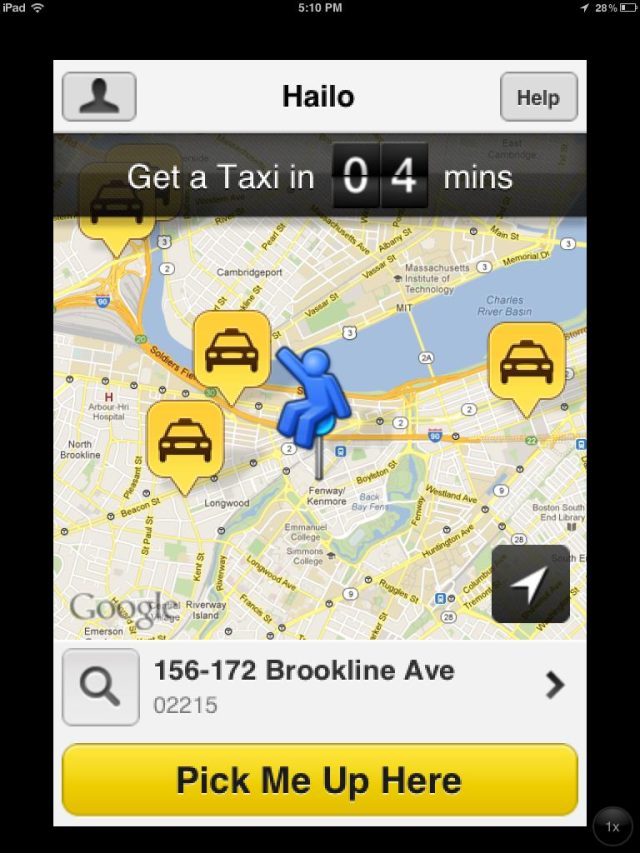
Just one day after Uber gave up on the New York City taxi market under pressure from the local regulator, a UK startup called Hailo has just launched a similar service in Boston. Hailo says it’s now ready to give the denizens of Beantown a way to hail actual, bona fide cabs with two taps on their smartphones. And it follows a parade of startups nationwide that have been trying to figure out the best way to combine transit with tech-savvy and convenience.
The service has already launched in London, Dublin, and Toronto—Boston marks the company’s first foray into the United States. Hailo says that starting today, 650 out of 2,500 licensed cab drivers will be available to Bostonians.
"Boston is a taxi town—it's a natural city to be the recipient for this kind of service, and it's a tech-oriented place, so it makes sense," Ron Zeghibe, one of the company's co-founders, told Ars. "I couldn't think of a better place."

Hailo to regulators: can't we all just get along?
He added that unlike some of his other competitors (yes, we're looking at you, Lyft and Sidecar), Hailo approaches local regulators before entering a market.
"There's more to be gained by these stakeholders if they understand what's going on, rather than to be portrayed as luddites," Zeghibe added, noting that the company has had "explicit or implicit permission" from regulatory bodies in all the cities that it operates in so far.
The co-founder added that Hailo's next American city will be Chicago (coming within a few weeks), and that it would also look closely at New York and Washington, DC. The company also hopes to expand to "two more cities in Europe," and eventually the Middle East and Asia as well.
"The DC regulator said we could start tomorrow," he added—implicitly underscoring a major difference between Uber's negative experience with authorities in the nation's capital. "We don't have to be antagonistic [to] still be innovators."
The service has already won over support from local politicians—unlike further down the coast in New York, where exclusive contracts that expire early next year proved to be an obstacle for the likes of Uber.
"I am excited to see Hailo do well in the City of Boston and see this launch as yet another way to move Boston forward in a new, positive, and more efficient direction," said Stephen J. Murphy, president of the Boston City Council, in a statement. "This makes the overall Boston transportation experience more enjoyable for everyone—residents and visitors are better able to get a taxi when they need it, and taxi drivers make their days more efficient and profitable."
reader comments
9